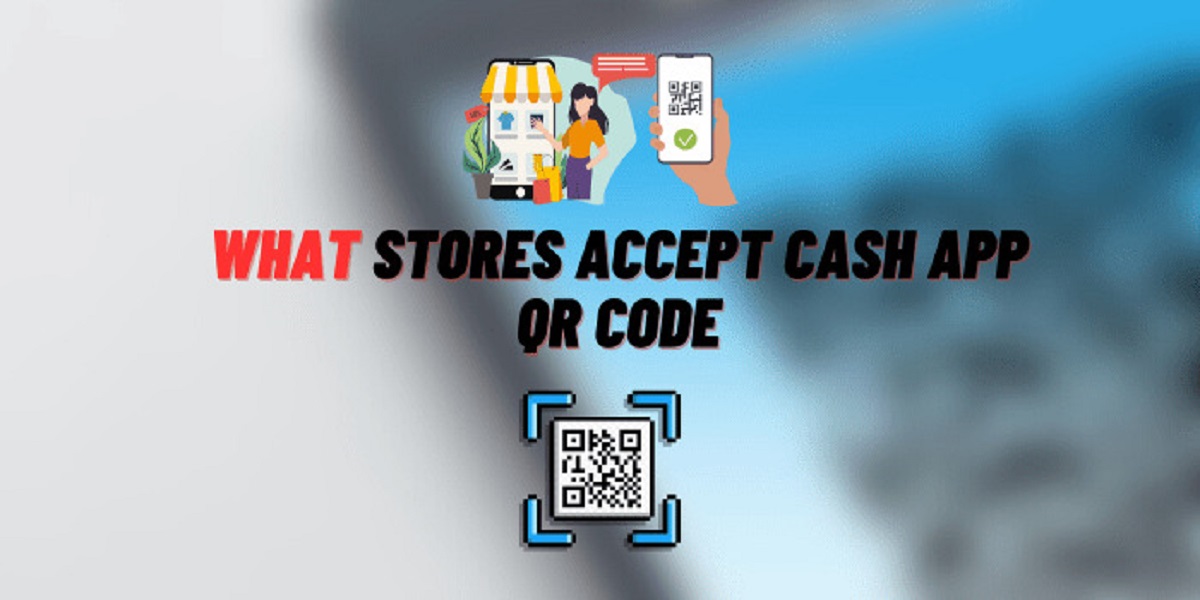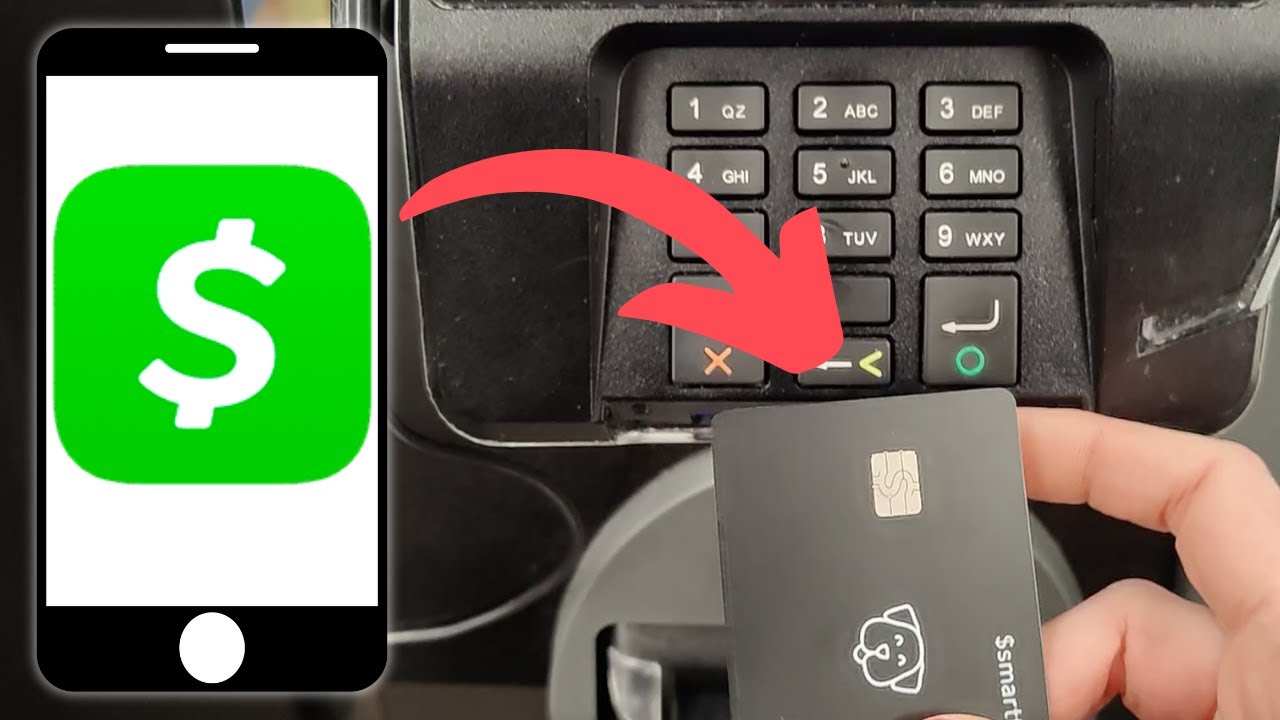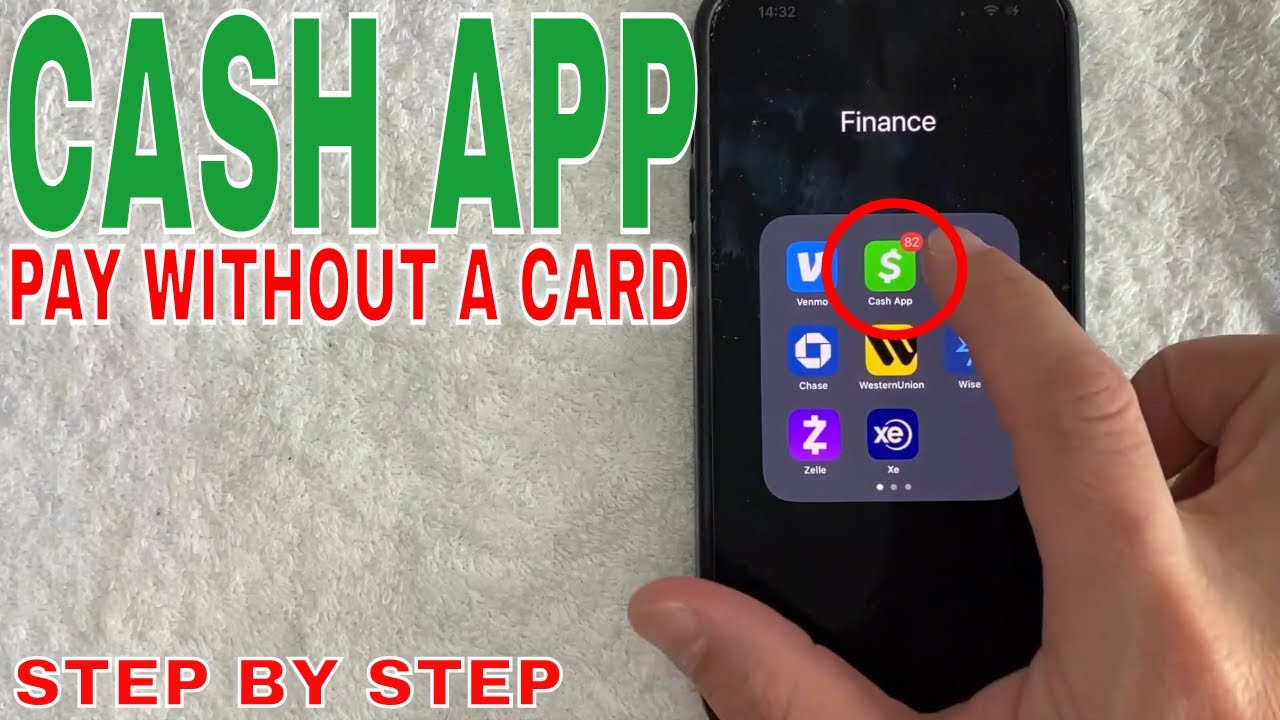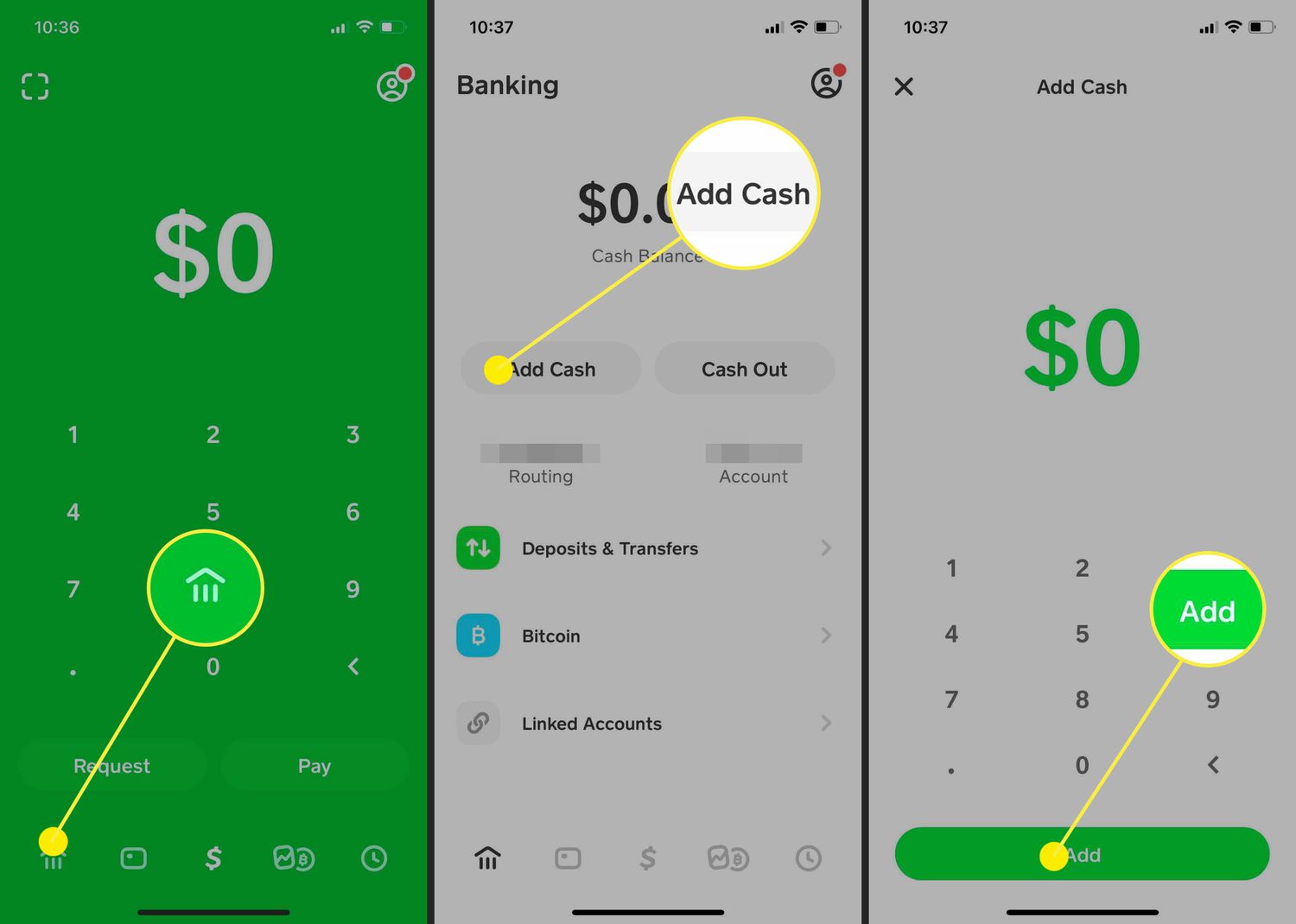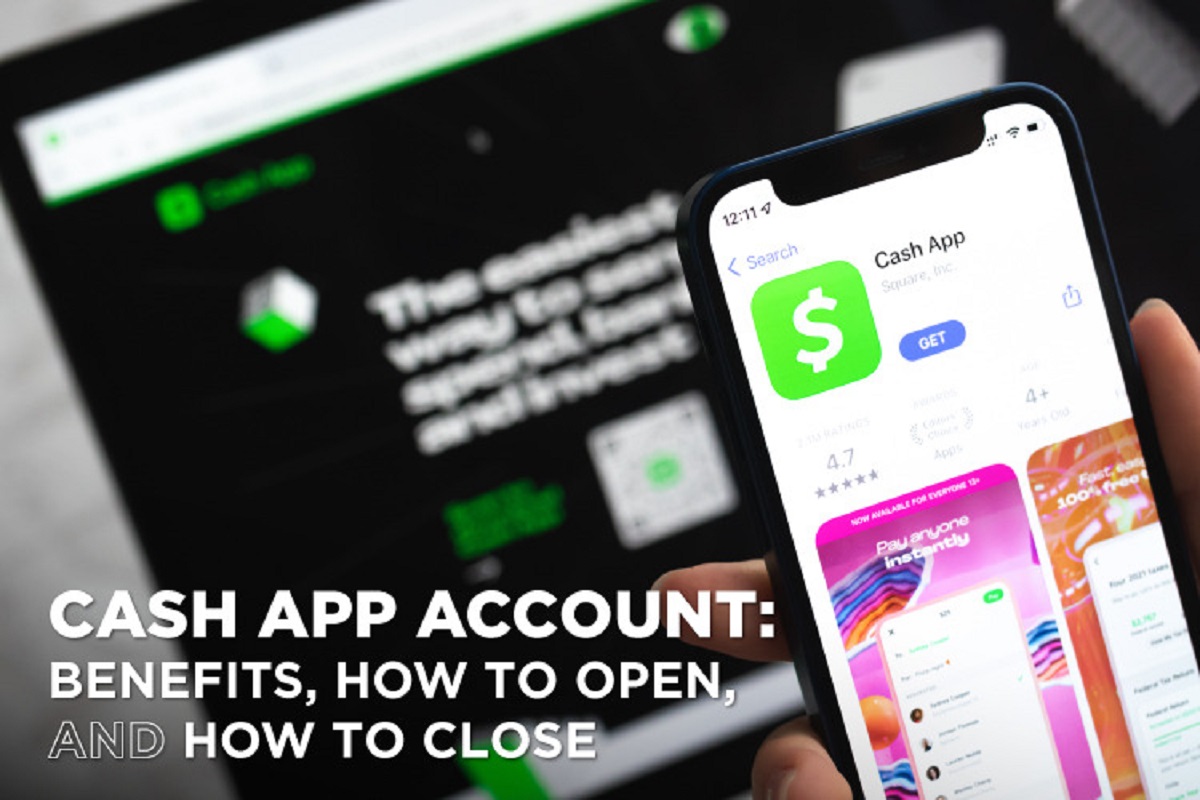Introduction
Welcome to the fascinating world of Cash App ownership! Cash App is a popular peer-to-peer payment platform that allows users to send and receive money seamlessly through their mobile devices. With its user-friendly interface and range of features, Cash App has become a go-to solution for individuals looking for a convenient way to manage their finances.
In this article, we will explore the ownership landscape of Cash App and delve into the background of its founders. We will also take a closer look at the parent company behind Cash App, Square, Inc., and examine the ownership structure and key players involved in the success of this innovative payment app.
Understanding the ownership structure of Cash App is essential to comprehend the strategic decisions and visions driving the platform’s growth. By gaining insights into the shareholders and investors behind Cash App, we can better appreciate the company’s commitment to providing secure and efficient financial solutions.
The journey begins with an overview of Cash App’s inception and its emergence as a disruptive player in the fintech industry. So, buckle up and let’s unravel the mysteries of who owns Cash App and delve into the captivating world of digital payments!
Cash App Overview
Cash App, developed by Square, Inc., is a mobile application that enables users to send, receive, and store money easily. It was first introduced in 2013 by the visionary entrepreneur, Jack Dorsey, co-founder and CEO of Twitter. Initially, Cash App focused solely on peer-to-peer payments, but it has since expanded its offerings to include features like stock investing, Bitcoin trading, and even a Cash Card that allows users to make purchases using the funds in their Cash App account.
With its user-friendly interface and straightforward functionality, Cash App has gained significant popularity, particularly among the younger demographic. It has successfully established itself as a reliable and convenient alternative to traditional banking and payment methods.
One of the unique aspects of Cash App is its ease of use. Users can link their bank accounts or credit cards to their Cash App account, making it effortless to transfer funds. Additionally, Cash App allows users to create a unique username, known as a $Cashtag, which facilitates quick and hassle-free transactions between individuals.
Furthermore, Cash App offers a range of additional features that go beyond simple money transfers. Users can invest in stocks and buy fractional shares through the Cash App Investing feature, making it easier for beginners to enter the stock market. The app also enables users to buy and sell Bitcoin, highlighting its commitment to staying at the forefront of digital currency trends.
To enhance the user experience, Cash App provides a physical Cash Card, which is linked directly to the user’s Cash App balance. Users can use the Cash Card to make purchases at any retailer that accepts Visa, giving them the freedom to spend their Cash App balance in tangible ways.
In summary, Cash App is a versatile mobile application that has revolutionized the way we manage our finances. Its user-friendly interface, expanded functionality, and commitment to innovation have contributed to its wide adoption and strong position in the digital payment industry.
Founders of Cash App
The innovative minds behind Cash App are Jack Dorsey, Jim McKelvey, and Tristan O’Tierney. Jack Dorsey, the co-founder and CEO of Twitter, played a pivotal role in the development and launch of Cash App.
Jack Dorsey, known for his entrepreneurial spirit and passion for technology, recognized the need for a simple and convenient peer-to-peer payment solution. Collaborating with Jim McKelvey, a glassblower and entrepreneur, Jack Dorsey set out to create an application that would revolutionize the way people send and receive money.
Tristan O’Tierney, a talented software engineer, also played a crucial role in the development of Cash App. With his expertise and dedication, O’Tierney contributed to the creation of the app’s robust and secure infrastructure.
The founding team’s vision was to build a payment app that would empower individuals, making everyday financial transactions seamless and hassle-free. Their collective expertise in technology, entrepreneurship, and finance laid the foundation for Cash App’s success.
Together, the founders focused on not only creating a user-friendly experience but also prioritizing the security and privacy of users’ financial information. This commitment to user trust and data protection has been a crucial factor in building Cash App’s reputation as a trusted payment platform.
Since the launch of Cash App, the founders have continued to shape the app’s trajectory, driving innovation and introducing new features to meet the evolving needs of users. Through their visionary leadership, Cash App has become a household name, transforming the way individuals manage their money and facilitating financial inclusion.
Today, the founders’ initial vision has been realized, as Cash App boasts millions of active users and has become a dominant player in the peer-to-peer payment market. Their dedication to creating a simple, secure, and transformative financial tool has revolutionized the way people think about money and digital payments.
The contributions of Jack Dorsey, Jim McKelvey, and Tristan O’Tierney have laid the foundation for Cash App’s success and cemented its position as a leader in the fintech industry.
Square, Inc.
Square, Inc. is the parent company of Cash App and plays a crucial role in supporting the development, growth, and operations of the mobile payment platform. Square was founded in 2009 by Jack Dorsey and Jim McKelvey, with the goal of providing small businesses with accessible and affordable payment solutions.
Square started with Square Reader, a small device that enabled businesses to accept credit card payments using a smartphone or tablet. This groundbreaking innovation disrupted the traditional payment ecosystem, making it easier for entrepreneurs and small businesses to accept card payments without the need for expensive hardware or complex contracts.
Over the years, Square expanded its offerings beyond payment processing, launching a comprehensive suite of business tools and services. In addition to Cash App, Square now provides hardware solutions, point-of-sale systems, inventory management, and customer engagement tools to help businesses thrive.
Square’s commitment to empowering small businesses has had a profound impact on entrepreneurs and merchants around the world. By providing accessible and affordable tools, Square enables small businesses to compete in an increasingly digital and competitive market.
The success of Square as a company has been remarkable. In 2015, Square went public with its initial public offering (IPO) on the New York Stock Exchange, raising over $240 million in the process. This milestone solidified Square’s position as a significant player in the fintech industry.
Over time, Square’s acquisition strategy has also contributed to its growth and expansion. The company has acquired businesses like Caviar, a food delivery platform, and Weebly, a website builder, to further enhance its ecosystem of services for small businesses.
With its focus on innovation, user experience, and empowering small businesses, Square, Inc. has been instrumental in the success and widespread adoption of Cash App. Through Square’s resources, expertise, and strategic direction, Cash App has been able to continually evolve and offer new features to its users, solidifying its position as a leading player in the digital payment space.
Ownership Structure of Square
Square, Inc., the parent company of Cash App, has a diverse ownership structure that includes both individual shareholders and institutional investors. As a publicly traded company, Square’s ownership is dispersed among thousands of shareholders who hold its stock.
One of the key figures in Square’s ownership structure is Jack Dorsey, who co-founded the company and serves as the CEO. As of [date], Dorsey held [percentage]% of Square’s outstanding shares, making him one of the largest individual shareholders.
In addition to Dorsey’s holdings, there are other significant individual shareholders who play a role in Square’s ownership structure. These individuals include the company’s co-founder, Jim McKelvey, as well as other early investors and executives who have accumulated sizable stakes in the company.
However, Square’s ownership extends beyond individual shareholders. The company also enjoys a significant level of ownership from institutional investors, such as mutual funds, pension funds, and hedge funds. These institutional investors often hold large stakes in Square due to their investment strategies and the growth potential they see in the company.
It is important to note that the ownership structure of Square can change over time, as existing shareholders buy or sell shares, and new investors enter the picture. Regular updates on Square’s ownership structure can be found in the company’s financial filings, including its annual report and Form 10-K submitted to the Securities and Exchange Commission (SEC).
Overall, Square’s ownership structure is a blend of individual shareholders who have been instrumental in the company’s growth, as well as institutional investors who recognize the value and growth potential of the business. This diverse ownership base highlights the broad support and confidence in Square’s ability to innovate, disrupt the payment industry, and continue to drive success for both Cash App and the company as a whole.
Jack Dorsey’s Role in Cash App
Jack Dorsey, the co-founder and CEO of Twitter, has played a significant role in the development and success of Cash App. As one of the masterminds behind the creation of Cash App, Dorsey has been instrumental in shaping its vision, functionality, and strategic direction.
Dorsey’s entrepreneurial spirit and passion for technology were key driving forces in the inception of Cash App. Recognizing the need for a simple and efficient peer-to-peer payment solution, he collaborated with Jim McKelvey to bring the idea to life. With his deep understanding of the digital payments landscape, Dorsey’s vision for Cash App focused on providing individuals with a convenient, accessible, and secure way to send and receive money.
As CEO of Square, Inc., the parent company of Cash App, Dorsey provided invaluable leadership and guidance throughout the app’s development. He actively influenced its user interface design, emphasizing simplicity and ease of use. This dedication to user experience is evident in Cash App’s intuitive interface and its commitment to delivering a seamless and hassle-free payment experience.
In addition to his role in Cash App’s design and user experience, Dorsey has played a crucial part in expanding the application’s functionality. Under his guidance, Cash App has evolved from a simple peer-to-peer payment platform to a multifaceted financial tool offering investments in stocks, Bitcoin trading, and a physical Cash Card.
Moreover, Dorsey’s understanding of the future of digital currencies has been significant. He has been a vocal advocate for Bitcoin and has integrated it into Cash App, allowing users to buy and sell this decentralized digital currency easily. Dorsey’s belief in the transformative power of blockchain technology and cryptocurrencies has positioned Cash App at the forefront of the digital payment industry.
As a visionary leader, Dorsey’s influence extends beyond the features and functionality of Cash App. He has driven the company’s commitment to user privacy, security, and data protection. This focus on trust and transparency has garnered the confidence of Cash App’s millions of users, contributing to its widespread adoption.
In summary, Jack Dorsey has played a pivotal role in shaping Cash App’s development and growth. His visionary leadership, emphasis on user experience, and forward-thinking approach to digital payments have propelled Cash App to become a dominant player in the fintech industry. As Cash App continues to innovate and evolve, Dorsey’s influence will undoubtedly continue to shape its trajectory and solidify its position as a leader in the digital payment space.
Shareholders of Cash App
Cash App, as a product of Square, Inc., has a wide range of shareholders who have invested in the parent company. These shareholders include both individual investors and institutional entities that have recognized the potential of Cash App in the rapidly growing digital payment industry.
One of the prominent shareholders of Cash App is Jack Dorsey, the co-founder and CEO of Twitter, who also serves as the CEO of Square, Inc. Dorsey’s sizable investment in the company demonstrates his confidence in the long-term success of Cash App.
Institutional investors, such as mutual funds, pension funds, and hedge funds, also hold significant stakes in Square, and therefore indirectly have ownership in Cash App. These institutional shareholders play an essential role in providing financial support and stability to Square, enabling continued innovation and growth for Cash App.
Additionally, individual investors who have recognized the potential of Cash App may have purchased Square stocks, making them indirect shareholders of Cash App. These individual shareholders contribute to the diverse ownership base of Square and share in the success and growth of Cash App as one of the key products offered by the company.
It’s worth noting that the ownership of Cash App is subject to change as investors buy or sell their shares. Stock movements in Square can impact the ownership structure of Cash App as new investors enter the picture or existing shareholders alter their positions.
Beyond the financial implications, the shareholders of Cash App also contribute to its success through their involvement and support. Shareholders may engage with the company through participation in annual general meetings, voting on key decisions, and providing input in shaping the future direction of Cash App.
In summary, the ownership of Cash App is a combination of individual investors, led by key figures like Jack Dorsey, and institutional shareholders who recognize the potential and value of Square, Inc. These diverse shareholders contribute to the growth and success of Cash App, driving its advancement as a leading player in the digital payment industry.
Investment in Cash App
Cash App, a popular peer-to-peer payment platform, has attracted significant investment from both individual and institutional sources. The success and growth of Cash App have made it an attractive investment opportunity for those who recognize the potential of the digital payment industry.
One of the key drivers of investment in Cash App is its rapid expansion and increasing user base. Cash App has experienced tremendous growth over the years, with millions of active users relying on the platform for their daily financial transactions. This growth potential has attracted investors looking to capitalize on the increasing adoption of digital payment solutions.
Individual investors have shown a keen interest in investing in Cash App through Square, Inc., the parent company. By purchasing shares of Square, individual investors indirectly gain exposure to the success and growth of Cash App. This investment vehicle allows individuals to participate in the financial success of Cash App without directly owning shares in the mobile payment platform.
Institutional investors, such as venture capital funds and private equity firms, have also recognized the immense potential of Cash App. These institutional entities provide significant financial backing to Cash App, enabling it to further expand its user base, develop new features, enhance security, and explore future growth opportunities.
The investment in Cash App has also been propelled by the increasing popularity of digital payments and the shift towards a cashless society. As more individuals embrace the convenience and security offered by platforms like Cash App, investors see the long-term potential for continued growth and adoption of digital payment solutions.
In addition to direct investments, Cash App has also attracted interest from strategic partners and collaborations. For example, Cash App has partnered with various financial institutions to offer benefits like cashback rewards and discounts to its users. These partnerships not only enhance the user experience but also demonstrate the confidence that other industry players have in Cash App’s growth potential.
Furthermore, the investment in Cash App extends beyond financial gains. Investors also contribute to the success of Cash App by providing expertise, guidance, and strategic direction. Institutional investors often bring valuable industry experience and networks, which can help Cash App navigate challenges and seize growth opportunities.
In summary, investment in Cash App has been significant, driven by the platform’s increasing user base, the rise of digital payments, and the potential for long-term growth. Both individual and institutional investors play a pivotal role in supporting Cash App’s expansion, development, and success as a leading player in the digital payment industry.
Institutional Ownership of Cash App
Cash App, as a product of Square, Inc., has attracted significant institutional ownership, with various institutional investors recognizing the potential of the mobile payment platform. Institutional ownership refers to the ownership of a company’s stock by large financial institutions, including mutual funds, pension funds, and hedge funds.
One of the main reasons institutional investors are drawn to Cash App is its position as a key player in the rapidly growing digital payment industry. As more individuals adopt digital payment solutions, institutions view Cash App as a strategic investment opportunity to gain exposure to this expanding market.
Institutional ownership provides financial stability and support to Cash App. Large institutional investors provide significant capital injections, allowing Cash App to invest in technology infrastructure, develop new features, and expand its operations. This financial backing helps fuel Cash App’s growth and enables it to remain competitive in the evolving digital payment landscape.
Furthermore, institutional investors bring their expertise and networks to the table, providing valuable guidance and strategic direction to Cash App. These investors often have a deep understanding of the financial industry, regulatory landscape, and consumer trends. Their insights and involvement can assist Cash App in navigating challenges and making informed decisions.
Institutional investors may hold significant ownership stakes in Cash App by investing in Square, Inc., the parent company. By purchasing shares of Square, these institutional entities indirectly gain exposure to the success and growth of Cash App. This investment approach allows institutional investors to diversify their portfolios and align themselves with a leading player in the digital payment industry.
In addition to financial support, institutional ownership also brings credibility to Cash App. The presence of reputable and well-established institutional investors helps establish trust and confidence among both users and other market participants. This can be instrumental in attracting new users and building partnerships with other businesses in the financial sector.
As the digital payment industry continues to grow, it is expected that institutional ownership in Cash App will expand further. The potential for continued innovation, market expansion, and user adoption makes Cash App an attractive investment opportunity for institutional investors seeking to participate in the fast-paced digital payment revolution.
In summary, institutional ownership of Cash App provides financial stability, strategic guidance, and credibility to the mobile payment platform. The backing of large institutions demonstrates the confidence and recognition of Cash App’s potential in the rapidly evolving digital payment industry.
Conclusion
In conclusion, the ownership structure of Cash App and its parent company, Square, Inc., is a blend of individual and institutional investors who recognize the potential and value of the mobile payment platform. Cash App has experienced tremendous growth and success, thanks to its user-friendly interface, innovative features, and commitment to security and convenience.
Jack Dorsey, the co-founder and CEO of Twitter, has played a significant role in shaping Cash App’s vision and functionality. His leadership, along with the contributions of other founders and key individuals, has propelled Cash App to become a dominant player in the fintech industry.
Moreover, institutional investors, such as mutual funds and pension funds, have provided substantial financial support and stability to Cash App. Their involvement, expertise, and networks have contributed to Cash App’s growth and expansion, ensuring its continued success in the digital payment industry.
With its diverse ownership base, Cash App is well-positioned for future growth. The increasing adoption of digital payments, coupled with Cash App’s commitment to innovation and user experience, present tremendous opportunities for the platform to further strengthen its market presence.
As Cash App continues to evolve and develop new features, its ownership structure may change with the entry of new investors and the shifting landscape of the digital payment industry. However, one thing remains certain: Cash App will continue to revolutionize the way individuals manage their finances and facilitate secure and efficient peer-to-peer transactions.
With its user-centric approach and commitment to financial inclusion, Cash App is well-poised to shape the future of digital payments, disrupt traditional banking norms, and empower individuals worldwide to take control of their financial lives.
So, whether you’re a user of Cash App or simply curious about its ownership structure, understanding the people and institutions behind this innovative payment platform reveals a fascinating story of entrepreneurship, innovation, and the drive to reshape the way we transact in the digital age.









